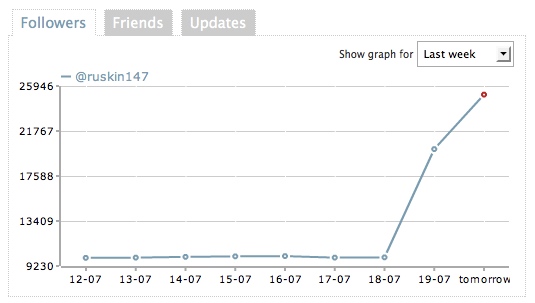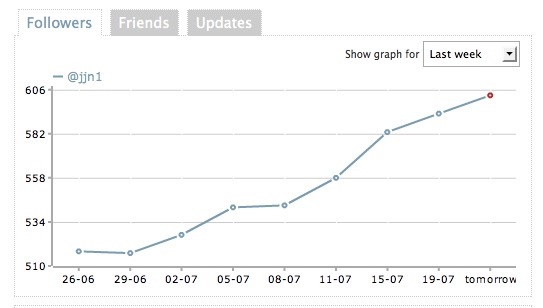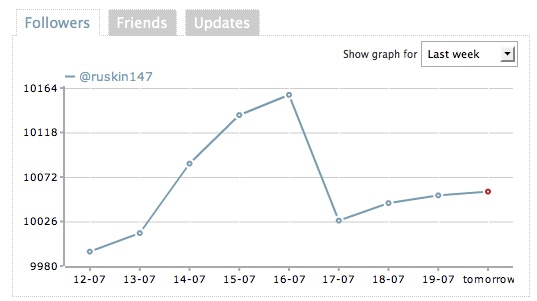
Photograph by Tillers1
The only sport I’ve ever really loved is golf, so there was a special poignancy for me in the outcome of the 149th British Open today. I badly wanted Tom Watson to win, not just because of the wonderful way he played over the four days, or because he’s nearly as old as I am, but because he was a hero of my golf-obsessed youth. He came sooooo close to pulling it off, and the way his second shot to the 18th ran off the back of the green and lodged in the half-cut grass was nothing short of tragic. The play-off was cruel because he was understandably disheartened by the fact that he had — literally — thrown away the chance to equal Harry Vardon’s record of six Open wins, and also because he was clearly exhausted — hardly surprising after 72 holes of nerve-wracking competitive golf.
One thing I loved about this year’s event was the way the Turnberry links tamed the world’s finest players. Links — i.e. seaside — courses are wonderful because they are never static: a slight change in the wind can transform a straightforward hole into a nightmare of distance, hollows and cavernous bunkers with precipitious sides. And the rough at Turnberry defied description. I’ve never seen so many first-class players having to hunt for lost balls — a rare reminder for them of what life is like for ordinary mortals.
One good joke emerged from the commentary.
Q: What’s the difference between praying in church and praying on a golf course?
A: On a golf course you really mean it.
Churlishly, I was rather pleased that Tiger Woods failed to make the cut. He’s obviously a great golfer, but somewhat deficient in common humanity. At any rate, his interactions with the public have a clinical air, and he often displays a kind of sulky petulance when his expectations — either of himself or of a particular course — aren’t met. One suspects that the softest part of him is the enamel on his perfect teeth. Tom Watson is, like Jack Nicklaus, a real, accessible, gentlemanly human being. He was very dejected after the play-off, but at the award ceremony his good-humoured courtesy was much in evidence.
And like most Irishmen I’ve loved him ever since he said that his favourite golf course in all the world was Ballybunion in Co. Kerry, which is a course I knew well in my childhood because my father was a member there and I often caddied for him — and later played the course myself.




